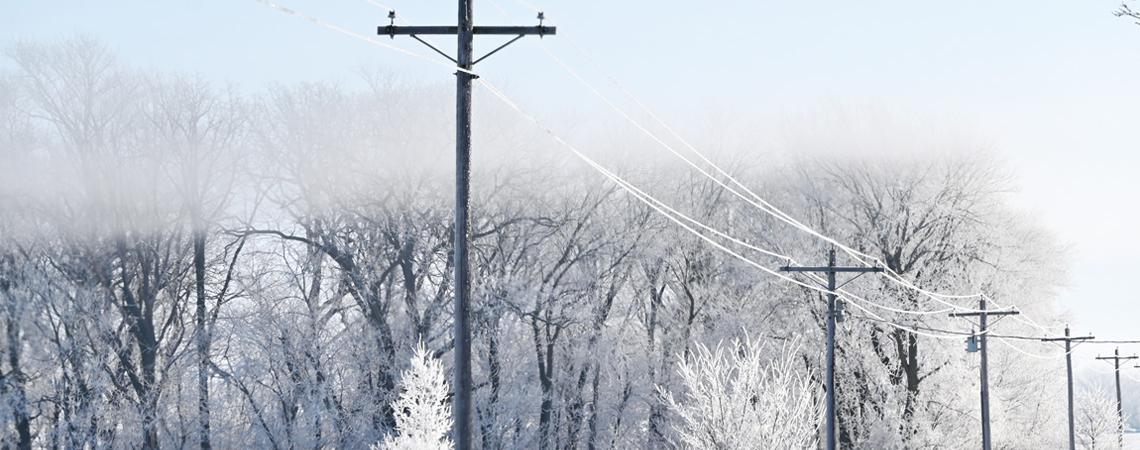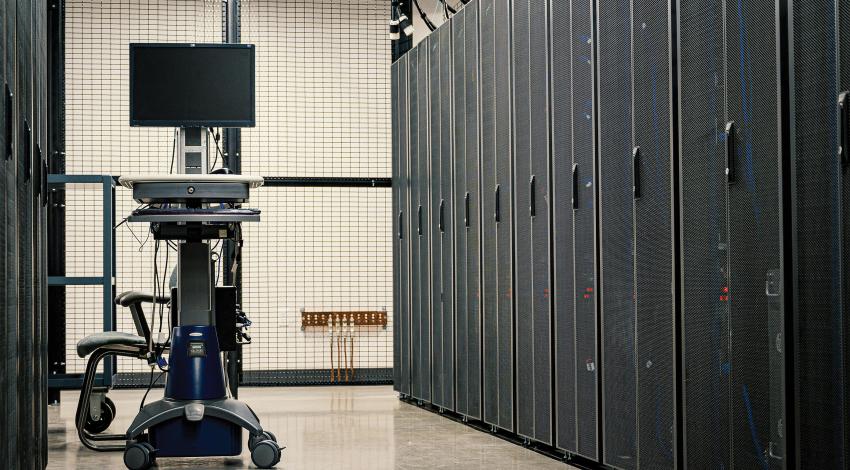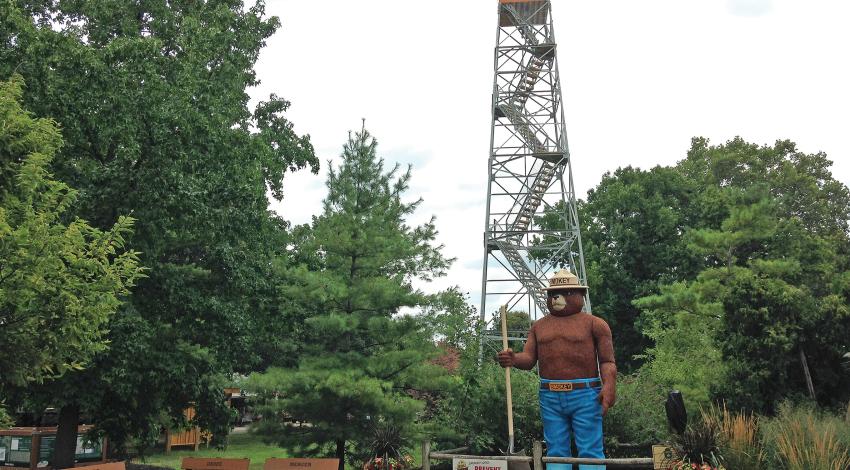Ohio’s electric cooperatives maintain healthy reserves of generating capacity, but we are only a small part of the larger regional grid.
Winter poses a particular set of challenges to your electric cooperative’s commitment to provide members with an uninterrupted supply of power every hour of every day of the year. Winter storms in particular can wreak havoc on electric lines, and often result in longer outage times because icy roads and fallen trees and limbs make it even more difficult to mobilize people and equipment to the areas that are hardest hit. Access to downed lines is slow and tedious, and working conditions that lineworkers face when they arrive to make repairs are often difficult and even dangerous.
Co-ops, of course, have been rising to those challenges since their beginnings. Recently, however, co-ops face a new, even more difficult test. Demand for electricity continues to grow, slowly but steadily, while generation resources continue to be retired faster than they are being replaced, creating ever-increasing strain on the national and regional power grid.
Last Christmas, electric utilities in several nearby states were forced to shut off power to thousands of customers to avert widespread uncontrolled blackouts during a brief but frigid winter storm. Thankfully, with diminished reserves and emergency operations, we were able to get by here in Ohio. But now a new independent analysis has concluded that the entire Midwest, along with most of the eastern United States and Canada, is at risk of widespread outages again this winter because there simply may not be enough power generation available during extreme weather conditions. Though Ohio’s electric cooperatives maintain healthy reserves of generating capacity, we are only a small part of the larger grid and are still subject to the potential for broad regional shortages.
We have been working with grid operators, federal regulators, and elected officials to change policies that are forcing power companies to shutter fossil-fuel generators not only before the end of their useful lives, but before there’s anything available to replace them. Alarmingly, 6,000 megawatts (about 4% of the generation capacity) has been retired from our regional network just since last Christmas, and so, again, we find ourselves at risk for the “rolling blackouts” that are used as a last resort to stabilize the grid when it doesn’t have adequate electric generation supply.
We urge you to be prepared for the hazards that cold winter days may bring and be ready to make extra conservation efforts when called upon. At the same time, please know that your electric co-op is doing everything it can to keep the lights on, no matter how challenging that might become.









